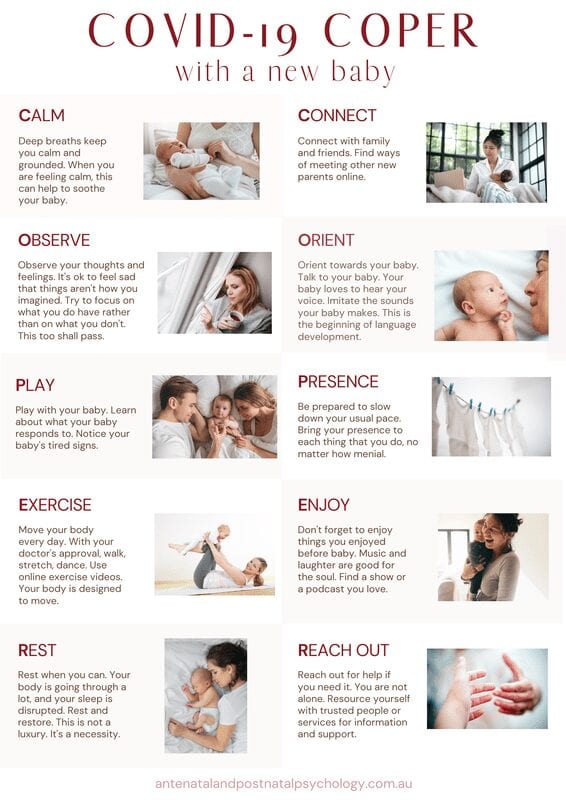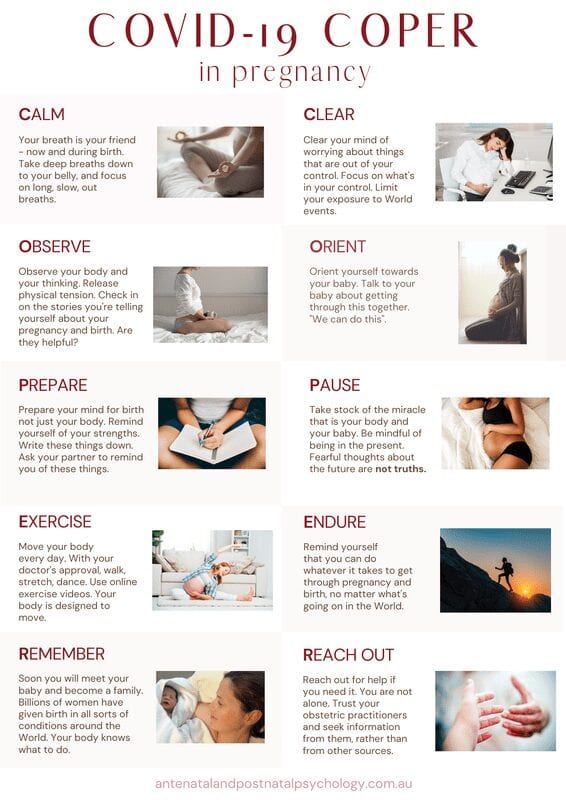Supporting Maternal Mental Health Awareness Week
By Andrea Haffner, Licensed Marriage Family Therapist
Secure Beginnings Senior Clinical Advisor
The period before and after the birth of a baby is one of immense change and adjustment and can evoke a great range of feelings, from profound joy and connection to great worry, insecurity, and sadness. The experience of motherhood is complicated, and for many it has become even more complex while navigating life during COVID-19. As we recognize Maternal Mental Health Awareness Week, we are thinking of all of the mothers who are pregnant and in the process of adjusting to life with new babies.
At this time of greater uncertainty and disruption due to COVID-19, birth plans have had to change, extended family support may be more limited, and what once seemed like normal rituals of pregnancy and new baby life may look very different. For some, this time has been quieter and more grounding, offering greater permission to settle into a mode of nesting and bonding at home. Others may be experiencing increased anxiety, depression, and fear.
We know that Perinatal Mood Disorders affect around one in five women during pregnancy or the first year postpartum, regardless of age, income, or ethnic background.
Perinatal Mood and Anxiety Disorders (PMADs) can include anxiety, depression, perinatal obsessive compulsive symptoms, bipolar mood disorders, postpartum psychosis, and postpartum PTSD. When we recognize and normalize the challenges that come with motherhood, we can help create safety, acceptance, and support for women.
We are here to support you in all the joys, worries, and complexities of your journey of motherhood.
If you find that you or your loved ones are struggling, we are here to connect you with individual support through our confidential counseling line. Another great resource is Postpartum Support International (in English or en Español), who offers information as well as online support groups daily for perinatal mood support as well as more specialized concerns such as pregnancy and infant loss and NICU parent support.
Lastly, we are grateful to the Antenatal and Postnatal Psychology Network of Australia for allowing us to share these “COVID-19 Coper” graphics for all parents adjusting to pregnancy and life with new babies during these times.





